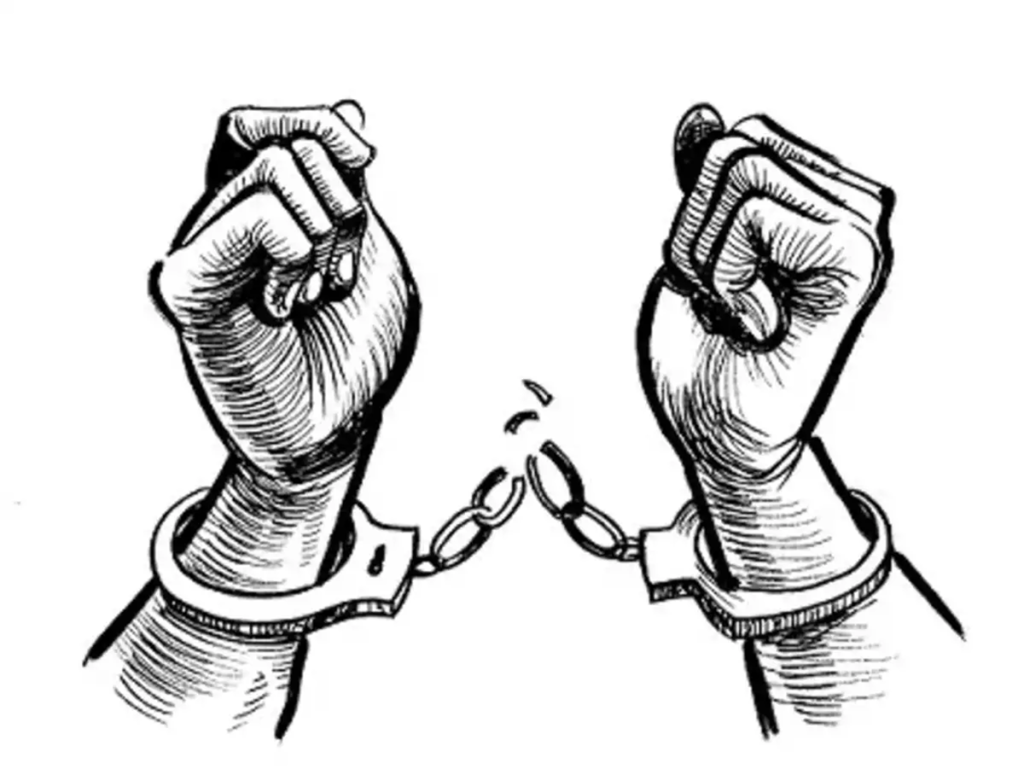The International Day for the Remembrance of Slave Trade and its Abolition was designated by the United Nations (UN) in 1998 and is observed on August 23 annually worldwide.
The purpose of this day is to commemorate the millions of individuals who suffered as a result of the trans-Atlantic slave trade during the era of colonialism.
The trans-Atlantic Slave trade involved the transportation of enslaved African people by slave traders, primarily to the Americas. This period remains one of the darkest chapters in human history, where a specific race of people was treated as commodities, bought, and sold.
On the night of August 22 to 23, 1791, African men and women who had been sold into slavery rebelled against the oppressive system in Santo Domingo, seeking freedom and independence for Haiti. This event sparked the Haitian Revolution, a pivotal moment in human history.
The Revolution set in motion a series of changes about slavery throughout the Americas. The UN selected this date and adopted resolution 29 C/40 during the 29th session of the General Conference of the United Nations Educational, Scientific and Cultural Organisation (UNESCO).
A circular from the Director-General was subsequently distributed on July 29, 1998, calling upon Ministers of Culture to promote this day.
The day aims to pay tribute to and remember all individuals who were dehumanised by the brutal practices and systemic racism associated with the trans-Atlantic slave trade. It also presents an opportunity to examine the historical factors and mechanisms that facilitated this system and to consider the repercussions of this abhorrent practice.
This day underscores the importance of continuing to scrutinise and condemn such practices, which may evolve into modern forms of slavery and exploitation.
Africa, as a continent, suffered from slavery for 14 centuries: ten under the Arab World and four under the Western World. The Arab slave trade likely began in the 8th century AD due to the prohibition of Muslims enslaving each other in Islam. However, the need for human labour led the Arabs to venture into the African hinterlands to acquire slaves. Initially, they operated on the East coast of Africa near the Rift Valley and gradually expanded their trade and religion, eventually reaching West Africa. Over time, West Africans became aware of the Islamic prohibition of slavery and started opting for Islam, potentially signalling the eventual end of the Arab enslavement of Africans.
UNESCO has initiated an international, intercultural initiative named ‘The Slave Route’ to document and analyse the interactions that have occurred among Africa, Europe, the Americas, and the Caribbean due to slavery.

